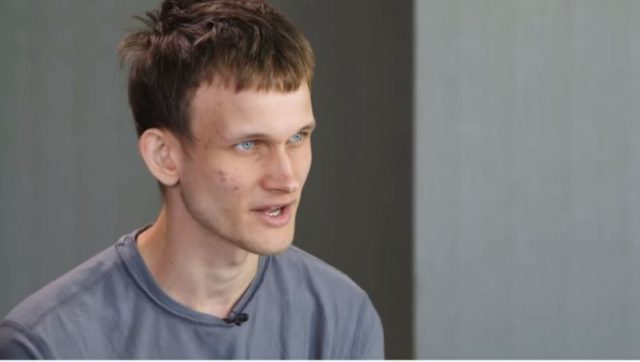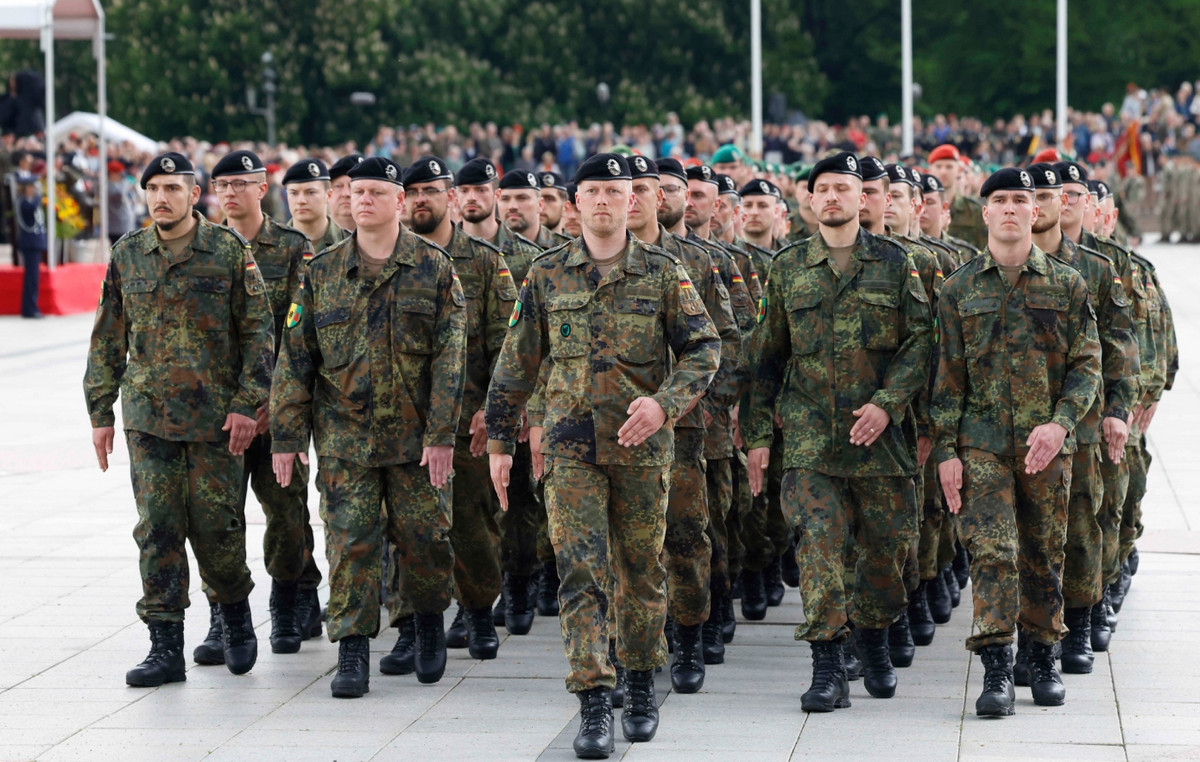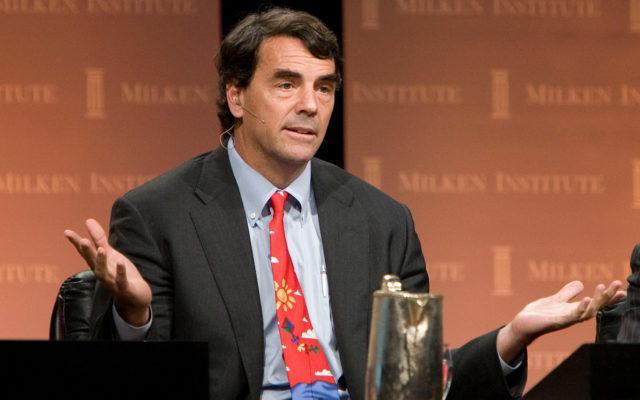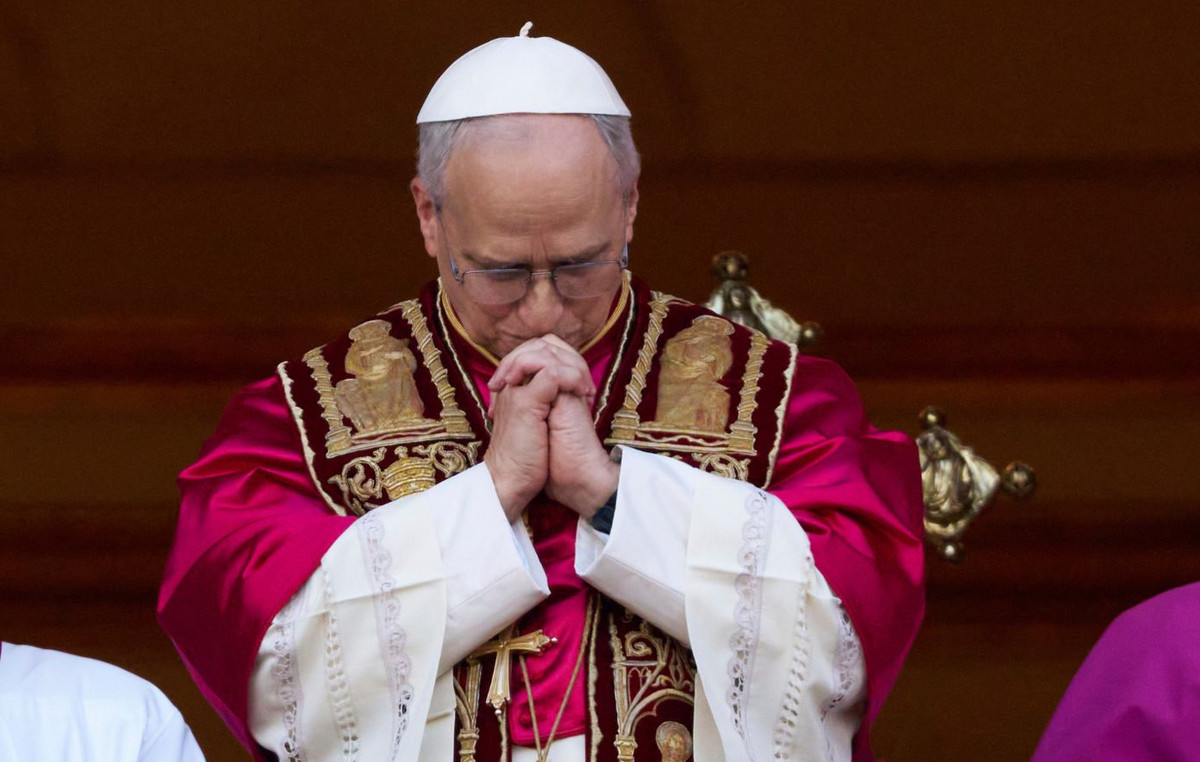Israeli Prime Minister Benjamin Netanyahu is hospitalized after undergoing surgery to have a pacemaker implanted on Sunday, as tens of thousands of people converged on Jerusalem to protest a planned Supreme Court overhaul being debated in parliament.
With Israel embroiled in its most serious domestic political crisis in decades, the 73-year-old leader was rushed to Sheba Medical Center near Tel Aviv on Saturday after a heart monitor implanted last week detected a “temporary arrhythmia” in what was described as an episode of dehydration, his doctors said.
The pacemaker procedure went smoothly and Netanyahu is expected to be discharged later on Sunday, his office said, but Israeli media reported he could spend another night in hospital. A medical source familiar with the case said doctors were recommending that Netanyahu stay one more night.
After the surgery, the prime minister released a video saying that he is “in excellent health” and that he plans to be in the Israeli parliament on Monday.
The prime minister’s office, which said planned trips to Cyprus and Turkey had been postponed, said it would provide an update if there were new details.
Netanyahu is expected to vote in the Knesset on Monday on a key element of his hotly contested judicial reform that has triggered months of nationwide protests and concern abroad over Israel’s democratic health.
This Sunday, lawmakers began debating the bill, which would limit the court’s ability to overturn decisions made by the government and ministers that it considers “irrational”. The result of Monday’s vote could come out later that night.
As the debate in parliament proceeded, tens of thousands of Israelis who opposed the judicial changes lined Jerusalem’s city streets carrying flags and beating drums under a scorching summer sun.
“We are worried, afraid, angry. We are angry that people are trying to change this country, trying to create a democratic backlash. But we are also very, very hopeful,” said Tzivia Guggenheim, 24, a student in Jerusalem, outside her tent.
Netanyahu’s coalition with a group of nationalist and religious parties is determined to push ahead with plans that would reduce the Supreme Court’s power to overturn government actions on legal grounds, arguing that the court has become too politically interventionist.
Critics say the amendment is now being approved by parliament and will open the door to abuses of power by removing one of the few effective checks on the executive’s authority in a country without a formal written constitution.
Supporters say the bill’s opponents want to override the will of the majority that elected Netanyahu’s government to power last year, and the battle has opened up deep divisions in Israeli society.
“Dangerous Cracks”
The crisis spilled over into the military, with hundreds of volunteer army reservists threatening not to show up for duty if the government goes through with plans, and former military and security chiefs warning that national security was at risk.
Israel Defense Forces Chief of Staff Herzi Halevi wrote in an open letter that “dangerous cracks” are formed when political disputes seep into the military, and he urged all reservists to report for duty.
“If we don’t have a strong and united defense force, if the best of Israel doesn’t serve in the IDF, we can no longer exist as a country in the region,” Halevi wrote.
Arnon Bar-David, head of the Histadrut labor federation, which represents hundreds of thousands of public sector workers, was trying to negotiate a last-minute compromise version of the bill.
He stopped threatening an attack, like the one that helped push Netanyahu into a partial downfall at an earlier stage of reform in March. But he promised “further action” later in the day if a deal is not reached.
The furore over the judiciary has contributed to tensions in relations with the US, as has increased violence between Israelis and Palestinians and progress in Iran’s nuclear program.
Washington has urged Netanyahu, who is on trial on corruption charges he denies, to seek broad agreements on any judicial reforms.
First elected to Israel’s highest office in 1996, Netanyahu has been dynamic and polarizing. He has led a free-market revolution in Israel, while distrusting the internationally supported peace process with the Palestinians and the talks by world powers to curb Iran’s nuclear program.
In early October, a few weeks before winning a national election, Netanyahu fell ill during the Jewish fast of Yom Kippur and was briefly hospitalized.
Source: CNN Brasil
Bruce Belcher is a seasoned author with over 5 years of experience in world news. He writes for online news websites and provides in-depth analysis on the world stock market. Bruce is known for his insightful perspectives and commitment to keeping the public informed.







